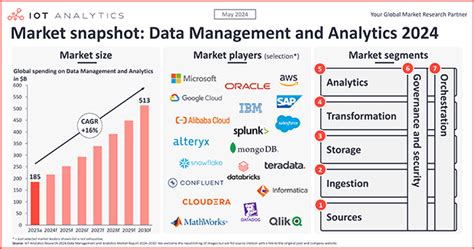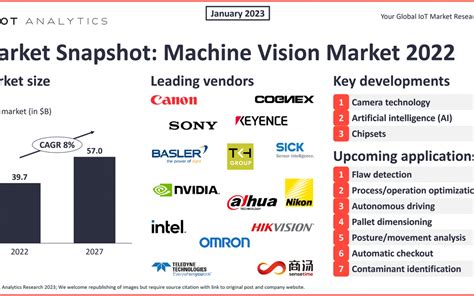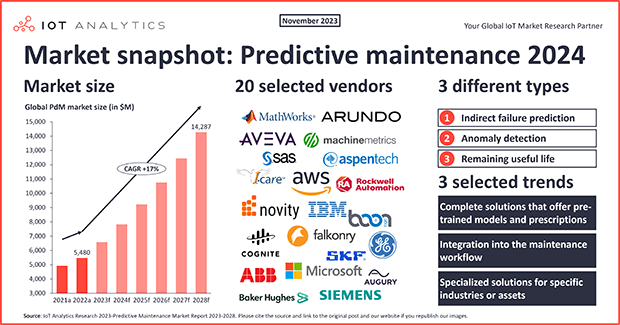The intersection of IoT and machine learning is revolutionizing industries worldwide, and the legal sector is no exception. As the legal field becomes increasingly data-driven, innovative projects are emerging that leverage these technologies to enhance efficiency, accuracy, and decision-making. From automating smart contracts to predictive legal analytics, IoT and machine learning are transforming traditional legal processes. This article explores the top 10 IoT machine learning projects currently reshaping the legal industry, showcasing how they are streamlining compliance monitoring, powering advanced legal research tools, and offering data-driven insights for better client management and service delivery. These advancements mark a new era in legal tech innovation.
Join alijyun.com as we uncover the details of this topic.
1. Smart Contract Analysis and Automation
Smart contracts are self-executing agreements, with their terms encoded directly into computer code. When integrated with the Internet of Things (IoT) and machine learning, these contracts gain the power to automate legal processes with exceptional accuracy and efficiency. IoT devices monitor contract performance in real-time, while machine learning algorithms analyze contract data, guaranteeing the fulfillment of all conditions before initiating the next step.
In supply chain management, for instance, IoT sensors can track deliveries, automatically initiating payments without manual oversight. Machine learning can further identify irregularities in contract fulfillment, alerting to potential violations or non-compliance before they escalate into legal problems. This preventative strategy minimizes litigation risks and optimizes legal procedures, leading to efficient use of time and resources.
Furthermore, automating contract analysis allows legal teams to expedite the review and management of large volumes of contracts. Leveraging natural language processing (NLP) algorithms, machine learning can identify key clauses, spot inconsistencies, and even anticipate the results of contract negotiations by analyzing historical data. As intelligent contract analysis continues to evolve, it is primed to revolutionize legal team operations, delivering quicker, more precise outcomes and minimizing manual effort in routine tasks.

2. Predictive Legal Analytics
Predictive legal analytics harnesses the power of the Internet of Things (IoT) and machine learning to anticipate legal outcomes, providing law firms and legal professionals with a significant strategic advantage. By analyzing vast amounts of historical case data, court decisions, and legal documents, machine learning algorithms can identify recurring patterns and trends. This enables them to predict the likelihood of success for a particular case or legal action.
By continuously collecting real-time data from diverse sources, such as contract performance, regulatory updates, and market trends, IoT empowers this process. This influx of data enables machine learning models to make more informed predictions, ultimately aiding legal teams in crafting superior strategies and making data-driven decisions.
Predictive analytics, for example, can estimate the length of a lawsuit, anticipate settlement amounts, and assess the likelihood of a positive verdict by analyzing similar cases. This empowers law firms to advise clients more effectively and allocate resources wisely. By merging IoT and machine learning, legal predictions are more accurate, enabling lawyers to manage risk and confront potential legal challenges with increased confidence.

3. Real-Time Compliance Monitoring
By seamlessly integrating the Internet of Things (IoT) and machine learning, real-time compliance monitoring is undergoing a revolutionary transformation. This integration provides unparalleled oversight and control over regulatory adherence. IoT devices continuously gather data from a variety of sources, including operational systems and regulatory databases, generating a constant stream of information regarding compliance status. Machine learning algorithms then analyze this data in real-time, identifying any deviations from regulatory requirements.
The financial sector, for instance, leverages IoT sensors to monitor transactions and financial activities. Machine learning models analyze this data, flagging any suspicious or non-compliant behavior in real-time. This proactive strategy allows organizations to address potential issues before they develop into serious violations or legal complications.
Furthermore, real-time compliance monitoring streamlines reporting by automating the process. Machine learning, through continuous data analysis, generates compliance reports and alerts, diminishing the reliance on manual oversight and minimizing human error. This proactive approach enables organizations to stay abreast of dynamic regulations and standards, ultimately boosting compliance efficiency. Integrating IoT and machine learning empowers businesses to uphold stringent compliance standards while simultaneously minimizing operational costs and mitigating legal risks.

4. AI-Powered Legal Research Tools
AI-powered legal research tools are revolutionizing the way legal professionals conduct research, streamlining the process and producing more accurate and comprehensive results. These tools leverage the power of machine learning and IoT to analyze massive datasets of legal information, providing valuable insights that were previously time-consuming and labor-intensive to uncover.
Machine learning algorithms are adept at handling and deciphering extensive amounts of legal materials, encompassing case law, statutes, and regulations. Utilizing natural language processing (NLP), these algorithms can grasp and extract crucial information from text, pinpointing key legal precedents, case summaries, and statutory interpretations. This streamlined process empowers legal researchers to uncover relevant information swiftly, eliminating the laborious task of manually combing through countless documents.
IoT devices enhance the accuracy and relevance of legal research by constantly updating databases with real-time legal changes and developments. This dynamic data flow ensures that research tools always provide the most current legal information and trends. Furthermore, AI-powered tools leverage historical data and trends to offer predictive analytics, suggesting pertinent case studies and effective legal strategies.
Consider an AI tool that analyzes legal briefs. It can recommend relevant case law and statutes to bolster arguments, or even predict how similar cases have been decided. This fusion of machine learning and IoT accelerates research and elevates the quality and accuracy of legal analysis. As a result, attorneys make more informed decisions, ultimately leading to improved legal outcomes.
5. Data-Driven Client Insights
The legal industry is undergoing a transformation in client relationship management thanks to the power of data-driven insights, fueled by IoT and machine learning. By leveraging a vast array of data from sources like client interactions, case histories, and market trends, legal professionals are gaining unprecedented understanding of their clients’ needs, preferences, and behaviors.
Machine learning algorithms analyze this data to identify patterns and trends, providing valuable insights into client expectations and potential legal issues. This analysis can, for instance, reveal common legal concerns across different client demographics, predict future legal needs, and suggest customized strategies for client engagement.
IoT devices empower legal professionals by delivering real-time data on client interactions and case progress. This enables them to provide timely updates and personalized advice, creating a dynamic feedback loop. By addressing client concerns promptly, this technology significantly improves client satisfaction.
Data-driven insights empower law firms to segment their client base more effectively, enabling the development of targeted marketing strategies. Through a deeper understanding of client preferences and behaviors, firms can deliver more relevant and personalized services, ultimately leading to improved client retention and fostering stronger, more strategic client relationships.
The integration of IoT and machine learning is profoundly transforming the legal industry. From automating smart contracts and enhancing predictive analytics to enabling real-time compliance monitoring and advancing legal research, these technologies offer unprecedented efficiency and precision. Data-driven insights further enrich client relationships, marking a significant leap forward in legal tech innovation and operational excellence.
alijyun.com

